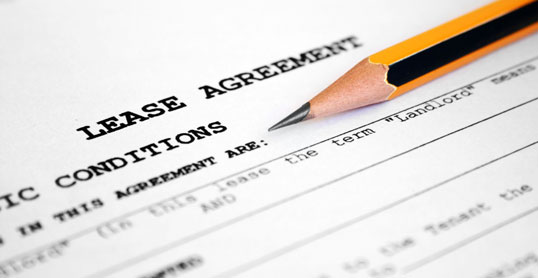
25 Nov Who can prepare legal documents? The law on unqualified practice
What is an unqualified legal practice?
Many people are not aware of this concept: that the preparation of most legal documents is not permitted to be done by another type of professional, only a qualified lawyer.
And this is for good reason, as great damage an be done by allowing just any person to do legal work for another, when they neither have the qualifications or experience to do the job.
It’s the same reason that lawyers are not permitted to undertake brain surgery.
The law is in fact prohibits a person from engaging in legal practice or representing or advertising that the person is qualified to engage in legal practice, unless that person holds a current practising
certificate.
Below is a summary of the guidelines previously issued by the Law Institute of Victoria
It is difficult to define legal practice and no definition exists in the Act. However it is possible to broadly classify legal practice as “…doing something which, in order that the public might be adequately protected, is required to be done only by those who have the necessary training and expertise in the law.”(see the case of Cornall v Nagle [1995] 2VR 188 at 210)
A person may have engaged in unqualified legal practice where that person does not hold a current practising certificate and either:
a) provides legal services; or
b) behaves in a way which creates a reasonable inference that the person is qualified to provide legal services.
Examples of legal services may include:
- drawing documents of a legal nature;
- giving legal advice;
- appearing in Court; or
- using the name of barrister, solicitor or Australian legal practitioner or any other name used to describe someone who is qualified to engage in legal practice.
Actions that are not “legal services”
Undertaking work in association with the law or legal practice will not necessarily constitute
engaging in legal practice. Examples may include:
- clerical or administrative tasks -inserting parties’ names in a document, which is later approved
by a practitioner ; - selling of legal documents; or
- advising of incidental legal requirements by a person in the pursuit of an occupation other than law – tax agents advising on the requirements of tax legislation.
Responsibility of qualified lawyers not to employ disqualified lawyers to do legal work, or aid and abet unqualified persons from engaging in legal practice
A qualified practitioner (lawyer) should also be aware of the restrictions concerning:
- the employment of lawyers who do not hold a current practising certificate or who have been found guilty of a “relevant offence” or who have been disqualified from practice;
- engaging in business with an unqualified person including a.income sharing; b. incorporated legal practice or multidisciplinary partnerships; and
- permitting or assisting an unqualified person to engage in legal practice.
Circumstances where a person or business is not to be taken to engage in legal practice, whilst providing what appears to be legal services
Some examples:
- an Incorporated Legal Practice;
- a Community Legal Centre;
- a government lawyer (who may not need to hold a current Practising Certificate in order to undertake some legal work); or
- a lay person who has been granted special permission by a Court or Tribunal to represent themselves or another person in proceedings before that Court or Tribunal. (Yes you can in most cases represent yourself in court although there are some restrictions with companies).
Where do I stand?
Book a call to talk to a lawyer.
